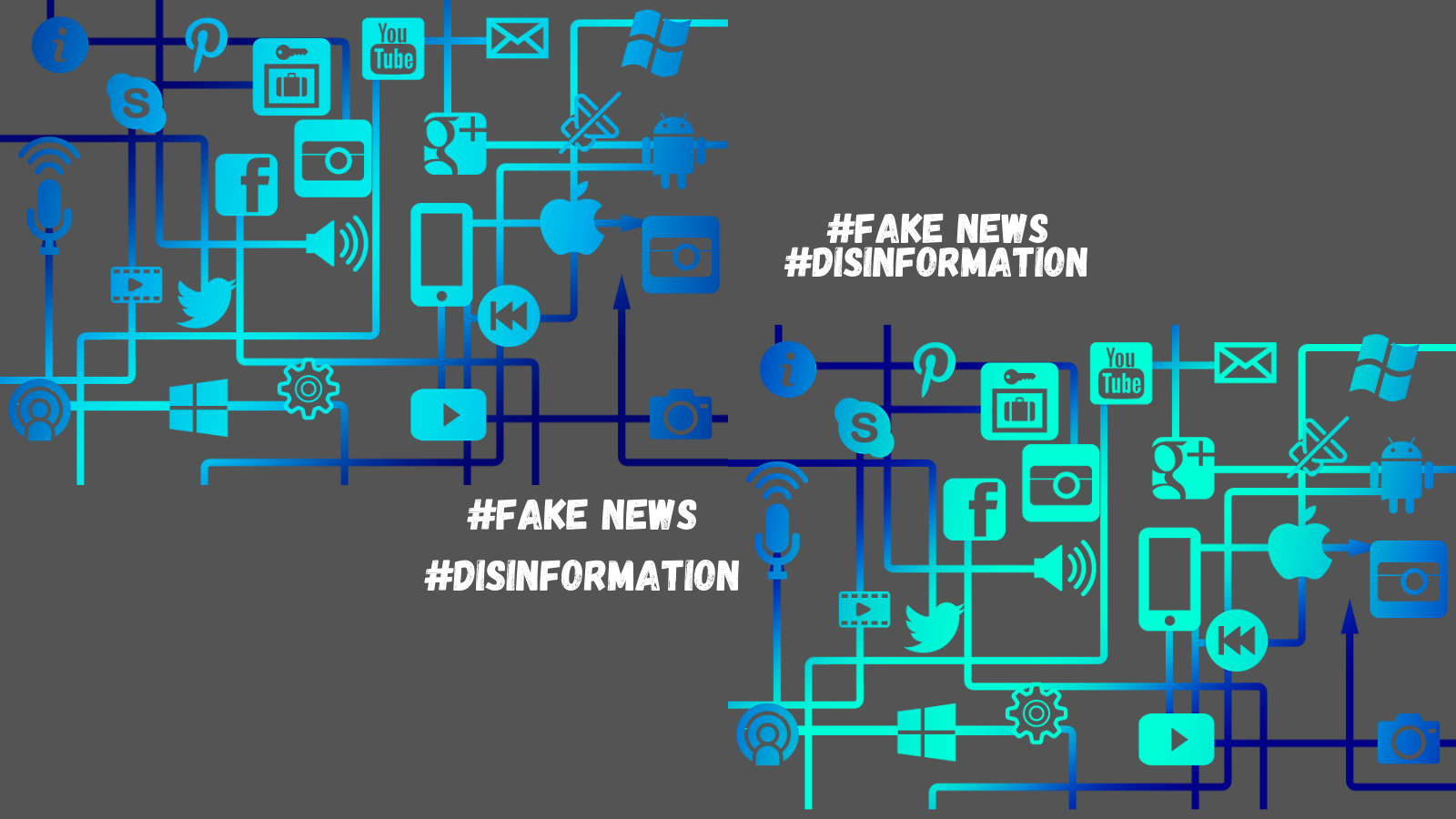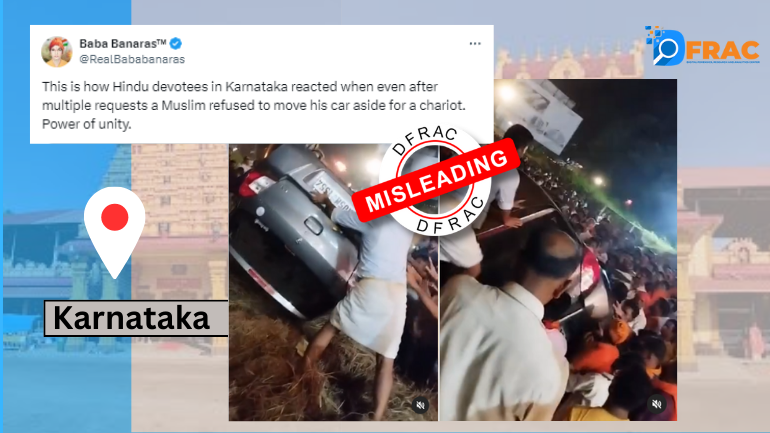You would think—from the outcry and hullabaloo—that fake news, on the contrary ‘alternative facts’ and misinformation are on the rise. It is making it easier to spread fake news.
Whilst terms like ‘fake news, ‘alternative facts, and the like have been discussed, as our social epistemologists, the main concern is sure with what these things refer to. As we are seeing with the nomenclature contend about the term ‘alt-right, sometimes these terms merely relabel existing, known problems. In the same way that an alt-right view might be appropriately described as ‘fascist’, an ‘alternative fact’ is surely not just not a fact, but, given its pretense to be a fact, actually just a lie or fake.
Fake news is written in the same way as original news is prepared. In this, 5 W’s and 1 H’s are treated in the same way as any real news is taken care of. This is how fake news is made to be believed.
So, what is fake news, then? Well, it is an indictment that some of the news, which has been presented as factual, is fake. That is, it is only a purported fact or reality. Such purported facts or ‘fake news’ are either reportedly entirely false pieces of information put out by the media (or some other influential institution), and are not facts at all. Or, they are reported to be only partial truths as news; the purported fact lacks some context or additional piece of information which, when revealed, undermines either its truth-value or authority to some broader claim.
Fake media ultimately produce fake news. Now, if we take the calumniation of something being fake news seriously, then—if we assume one side of the argument is somehow right—then somebody is misleading the masses. That is, is the allegation of ‘Fake news!’ just the exposure of a machination? Not quite; the allegation something is fake news is a rhetorical device, one designed to cast doubt on what would otherwise be some received story. That is, currently imputation of fake news, or fake media, focus on challenging mainstream media discourses fully.
Is fake news simply disinformation under a new name? Disinformation is the introduction and use of fabricated information in order to make some otherwise suspicious explanation or theory look vouched. The term comes from the Russian ‘dezinformatsiya’ and was coined in the late 1930s by the USSR as a way of challenging the findings of the Commission. A more modern example is the ‘Dodgy Dossier,’ which allegedly justified the invasion of Iraq by expansionist powers in the year 2003, but turned out to have been was doctored by political operators in the UK.
Disinformation is fabricated information that purports to be evidence which warrants some conclusion and discredit some rival hypothesis. Fake news does not, initially, seem to be quite the same thing, given that alleging something is fake news does not require presenting evidence that the news is fake. Rather, it often only requires asserting that what ‘they’ in the media have told you is not very true.
So, what surely concerns us about allegations of fake news is the way in which it is treated as either being the real news or an equivalent to the news. That is to say, the worry about allegations of fake is how it undermines our confidence in the nature of news itself.
The idea the news is some attempt at the objective truth—that it is a factual endeavour—might also be a rather modern, and possibly fleeting, invention.
The definition of true news is that it should actually happen. It is seen that not only a lot of fake news but also opinion is being projected in the name of news. Earlier it was limited only to the editorial pages of newspapers. It is sad that not only political and diplomatic crooks are making news, but mainstream media is also forming fake news. The most successful way to avoid this is to rely on the information of the incident while interpreting the analysis from several conflicting news sources to understand its analysis. The most sad thing with countries like Pakistan and China is that the main media there works in a state-run propaganda machine. This is hurting not only the spirit of the news but also the right of the general public to know.





